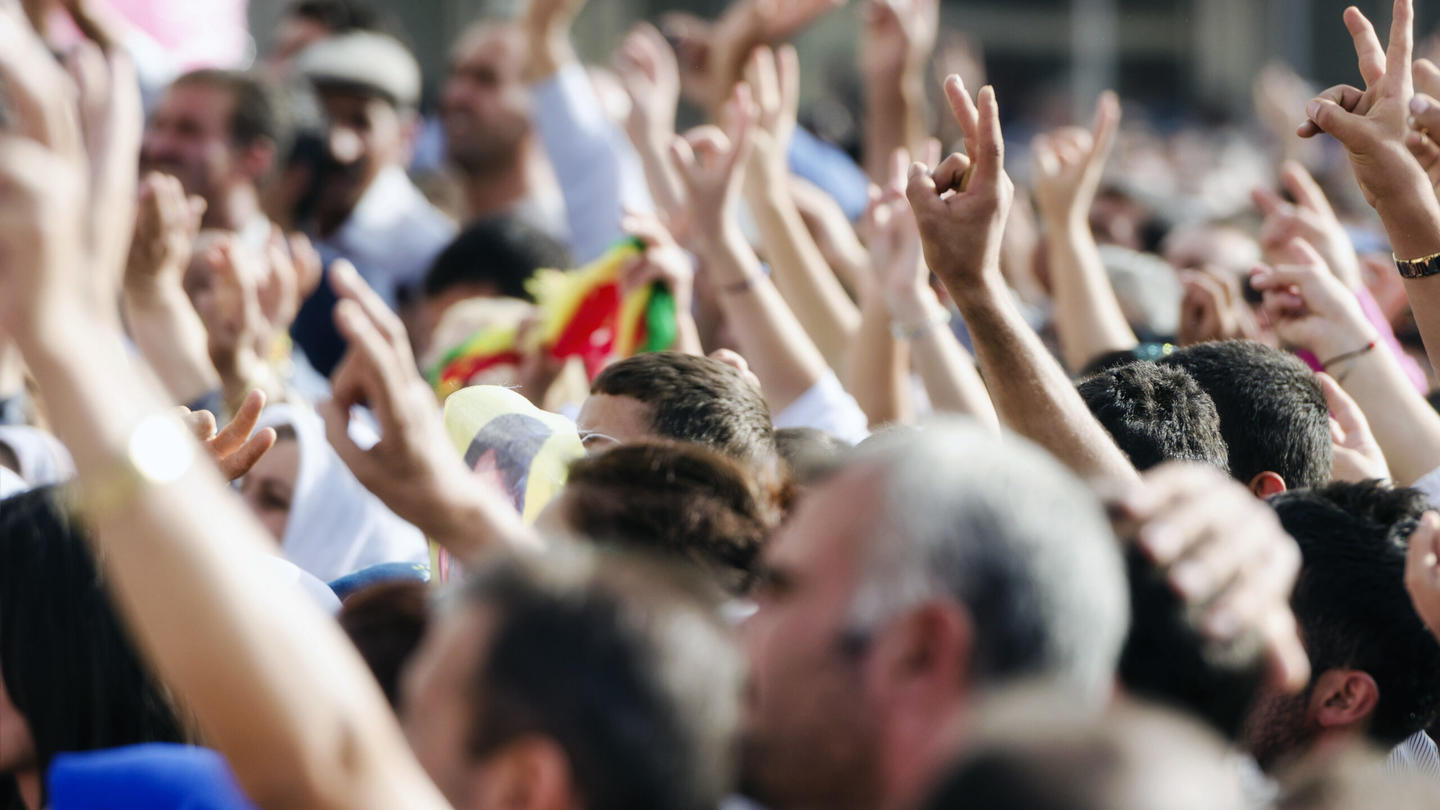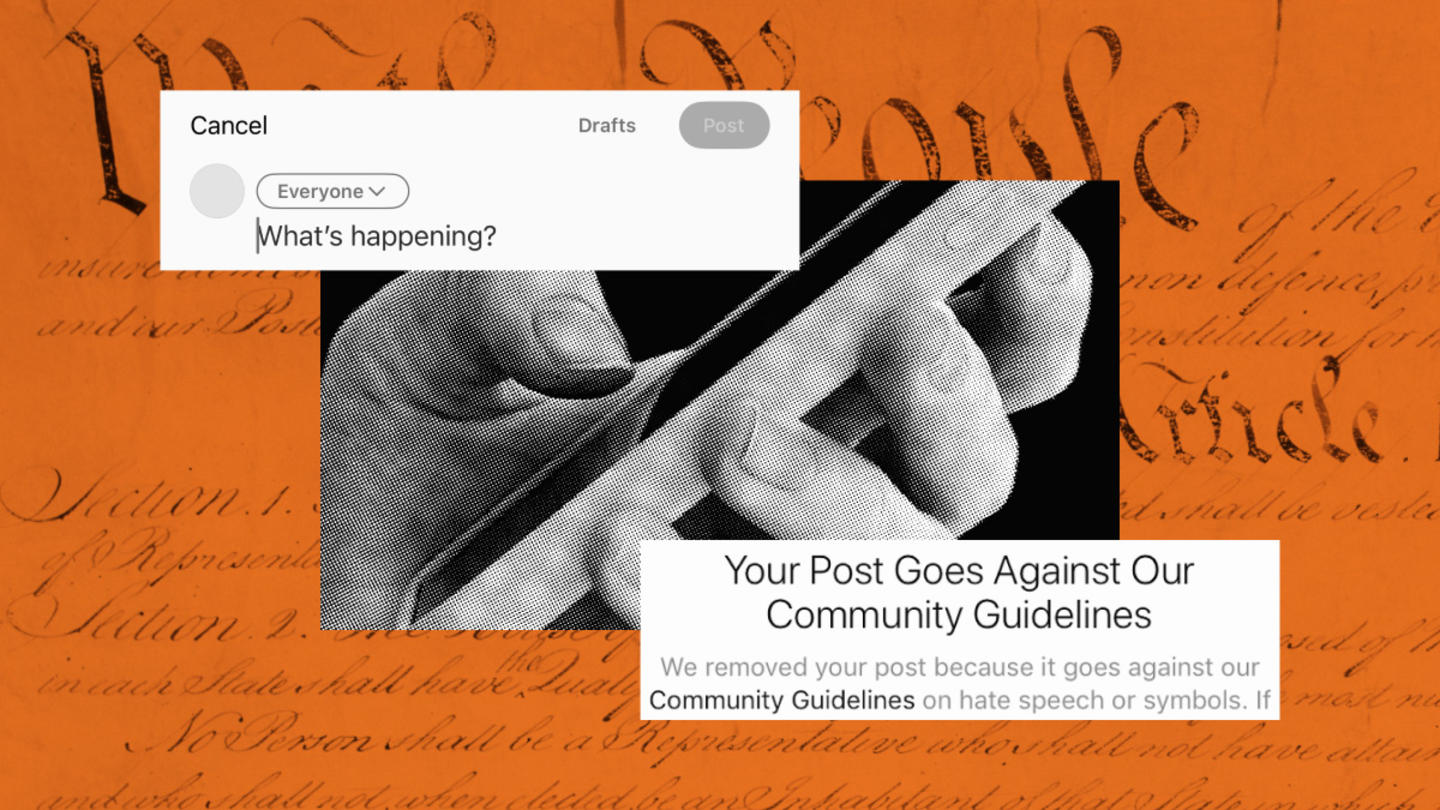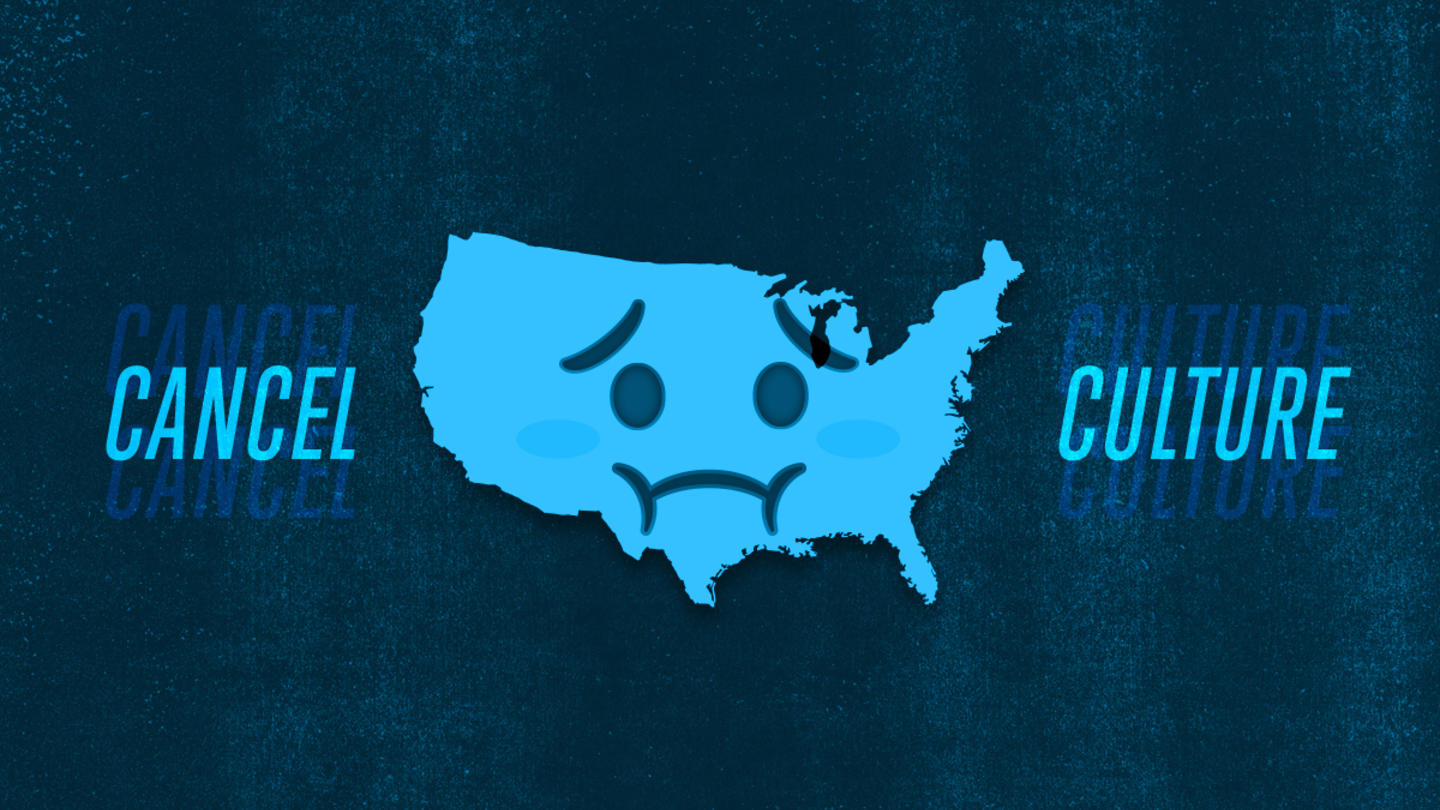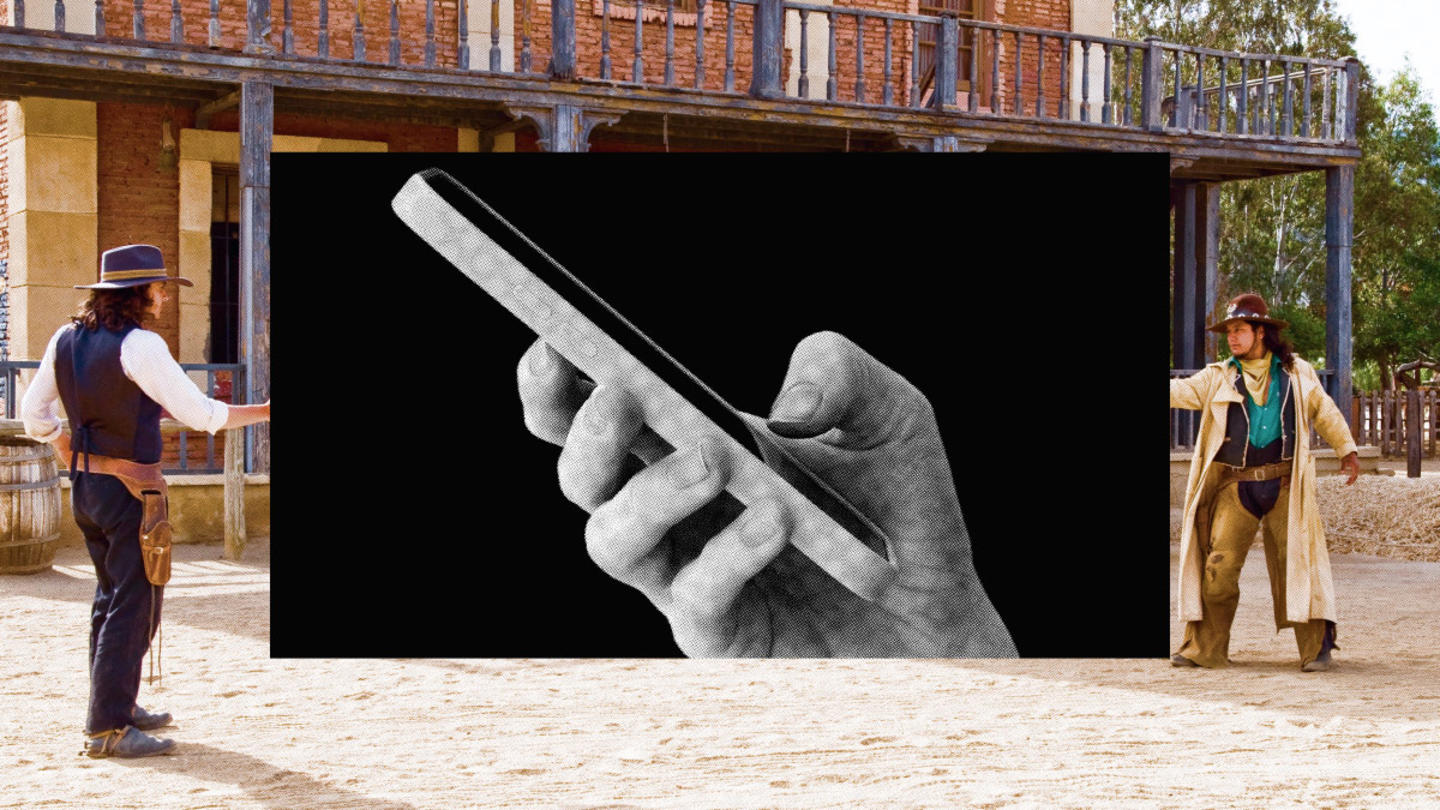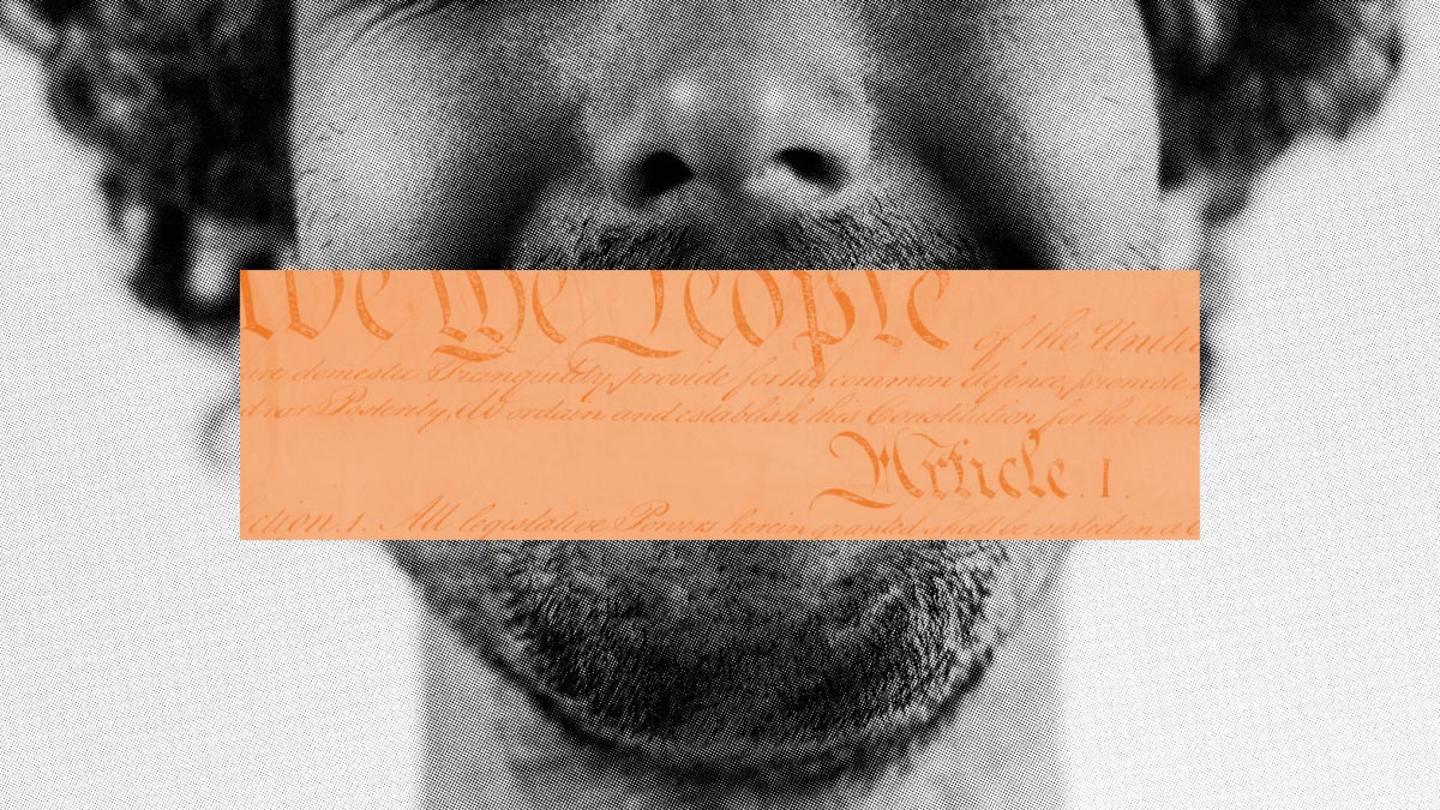This article was originally published by Stand Together Trust.
On a summer day in 2017 in Charlottesville, Virginia, the Unite the Right rally gathered hundreds with the stated intent of protesting the removal of a statue of Confederate General Robert E. Lee. Yet, as media outlets ranging from FOX News, The Wall Street Journal, and CNN reported, the gathering quickly showed itself to be more than that. The protest became a unifying show of force for self-described white nationalist and neo-Nazi groups. Counter-protestors gathered in response to the racist tenor of the gathering. Tensions heightened throughout the day before one of the white nationalist protesters plowed a car into the crowd of peaceful counter-protesters, injuring 19 people and killing one woman, 32-year-old Heather Heyer.
At the time, it was one of the most violent political protests America had experienced in decades. For many, it was a warning sign of a dangerous shift in America -- toward a culture where toxic divisions were spilling over into intimidation and political violence.
Americans have continued to witness more attacks rooted in political violence. That includes recent attackers targeting places of worship, Black communities, LGBTQ communities, and Republican and Democrat officials. Each of these may target specific people, but they are attacks on all of us and our vision of a pluralistic society. A whole societal framework for addressing political violence in all its forms is urgently needed.
For Shannon Hiller, Executive Director of the Bridging Divides Initiative (BDI) at Princeton University, it was her experience working in international development and political conflict overseas that compelled her to take action.
"Having worked in different contexts outside the U.S., I've seen communities find their way out of way worse conflict," Hiller explained. "The U.S. has a lot of undone homework to do, but BDI wants to get the right information into the right hands so that communities can get ahead of conflict. And importantly, we want to lift up examples from communities that are already doing this well."
Using data to predict and respond to political conflict
BDI researchers use data and research about risk factors and trends surrounding political violence to help local communities and national organizations to "be better able to address issues before they escalate."
"In the U.S. the majority of demonstrations and actions we see are peaceful," Hiller explained. "One in ten demonstrations on average are violent, and certain issues have higher or lower levels of counter-protest."
However justified people's outrage, violence is not the solution, which is why Hiller and her colleagues are leveraging their work to protect our nation's longstanding tradition of peaceful protest.
Their research is compiled into practical resources like issue briefs highlighting the topics most likely to experience heightened conflict, maps that track protests and violence, and guides for individuals and organizations to utilize. These tools are intended to equip people like government officials, local organization leaders, members of the media, law enforcement officials, and individuals who monitor online activity for risks and threats with the information they need to mitigate risk.
Importantly, they also give examples of what right looks like in peaceful protesting and local government processes like school board meetings, candidate debates, and voting procedures.
Take for example, BDI's de-escalation guides. There are several guides, each one offering specific strategies to individuals serving as poll workers, elected officials, law enforcement, and even bystanders. The strategies span what to do before, during, and after an event.
"What we're seeing is that some of the most polarizing issues at the national level are disrupting productive processes in places like school board meetings, candidate debates, and voting process at the local level too," Hiller explained. "The de-escalation framework can lower the temperature so that all individuals feel free to speak their voice, exercise their right to peaceful protest, and facilitate more productive debate on issues that matter to a community."
BDI has seen its de-escalation framework and trainings utilized for many state governments and local groups ahead of the 2022 midterm elections, ahead of school board meetings and candidate debates at the state level, and to prepare poll workers on election days. BDI's de-escalation guides were also cited in a Civility Pledge signed by more than 90 municipal leaders in Connecticut in December 2022, vowing to help foster respectful, civil engagement.
"One of the solutions to righting the wrongs of intimidation and violence in political discourse is empowering individuals at every level to participate in changing the tone," Hiller says. BDI's de-escalation guides are doing just that.
Building avenues to healing
For BDI, the focus on tracking behaviors over ideologies is imperative for healing. Their focus is on trust and helping communities understand the relevant data and connecting them to solutions that aren't necessarily new, but that are new to them.
"We recently were conducting outreach on de-escalation trainings in one jurisdiction and the leader mentioned talking with an individual at the county who cited our data on political conflict," Hiller explained. "This is the sort of local connections we like to make and interconnected support we want to provide."
The BDI team has leveraged their connections with individuals who monitor online hate to warn local groups about potential threats in upcoming events. And they've connected leaders of organizations at local levels to others in their area working to mitigate the risk of political conflict. For example, BDI recently released a Threats and Harassment Data (THD) project, in partnership with the Anti-Defamation League. The dataset offers a lens for understanding how the bi-partisan issue of threats and harassment impacts all parts of local democracy and is a tool to "count and counter" this alarming trend.
"One person alone is not enough to heal society," Hiller says. "We have a lot of wounds and mistrust to restore. At BDI, we do a lot of work to stop the harm so that we can look for those avenues of healing, not to build a bridge for its own sake, but so that we can all work together toward a more inclusive society."
***
The Bridging Divides Initiative is supported by Stand Together Trust, which provides funding and strategic capabilities to innovators, scholars, and social entrepreneurs to develop new and better ways to tackle America’s biggest problems.
Learn more about Stand Together’s free speech efforts and explore ways you can partner with us.
